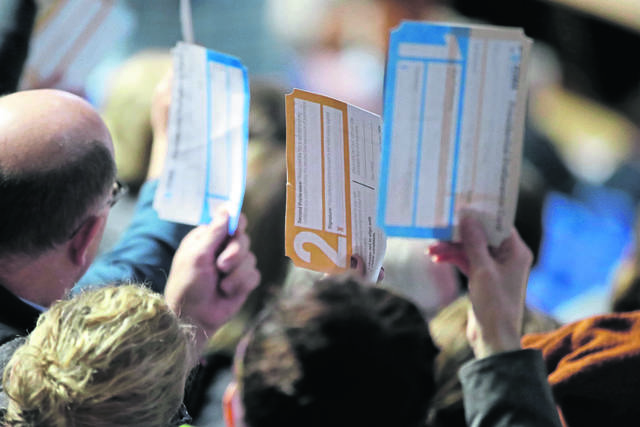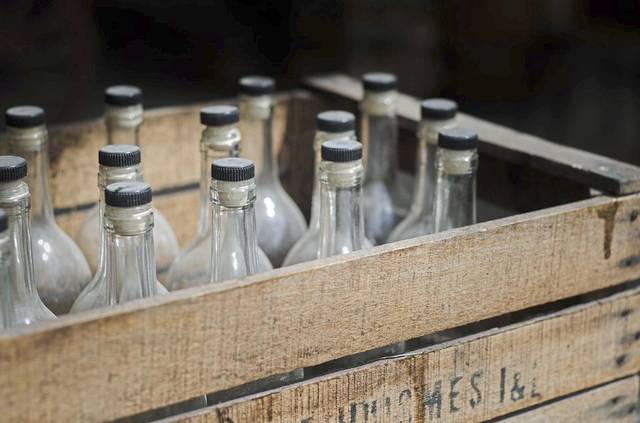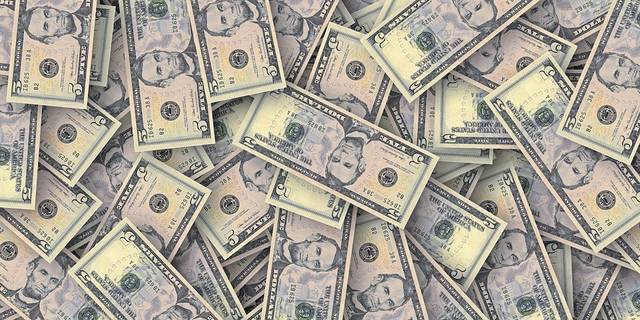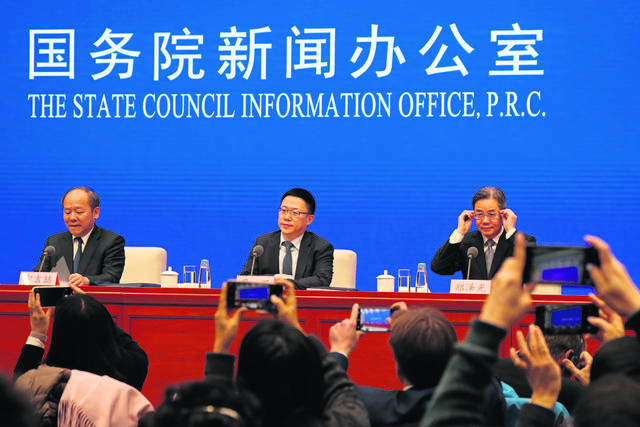The clarity with which we humans express desirable objectives often hides reality’s complexity.
That’s true for the increasingly common notion, as expressed by President Trump’s trade adviser Peter Navarro, that America should “bring home its … supply chains for essential medicines.” This sentiment is supported by U.S. Trade Representative Robert Lighthizer, who decries Americans’ purchases of “cheap medical products” from abroad.
Navarro’s prescription sounds great. If we make all essential medicines ourselves, we’ll be safer when crises, such as the covid-19 pandemic, strike.
Or so this confused thinking goes.
The concept “essential” is easier to say than to define. Are ventilators essential? Perhaps “yes” for people suffering pulmonary diseases. Surely “no” for people afflicted by ailments that don’t impair respiration.
Whether or not specific medical goods are essential, or even useful, depends upon the particular problems that loom. And because the range of possible medical problems is huge, the number of medical goods that are potentially “essential” is equally huge.
“So what?” some people respond. “Let’s be self- sufficient in the full range of essential medicines.”
Easier said than done. What degree of usefulness renders a drug or medical device essential? A drug or medical device is more plausibly classified as essential the more likely it is to cure an illness and the fewer are the number of substitutes for it. But how to determine the likelihood of success that makes a medical good essential rather than merely advantageous? If there’s to be a practicable policy of ensuring that we produce all of our “essential” medical supplies, this question must be answered.
Consider a drug with no substitutes and a 90% chance of working. Is this drug sufficiently essential to justify government preventing Americans from importing lower-cost versions of it? Many people will answer “yes.” But what if this drug’s chances of working are only 50%? Or a paltry 5%?
If you encounter difficulty answering such questions, the reason is not just that there’s no objective point at which a drug’s success rate transforms it from inessential to essential. Any such question is difficult to answer because a “correct” answer depends also upon just what illness a particular drug treats.
Which of the following four drugs, if any, would you classify as essential: one with a 0.1% chance of curing covid-19; one with a 10% chance of curing covid-19; one with a 40% chance of curing leukemia; one with a 100% chance of curing toenail fungus?
You’re more astute than me if you have a sure answer to this question.
The challenging questions continue. Suppose a particular drug, RX, cures a deadly disease 90% of the time but also has many excellent substitutes. Availability of these substitutes seems to make RX inessential. But suppose that each of RX’s substitutes costs 5% more than RX. Is RX still inessential? What if each substitute costs 50% — or 150% — more than RX?
Nothing is easier than proclaiming that we ourselves should produce all “essential medicines.” But because there’s no objective means of identifying which medical goods truly are “essential,” grave danger lurks in granting government officials the power to block Americans’ access to low-priced medical imports.
Americans’ already high health care costs would rise further if access is blocked to low-priced medical imports. Worse, protecting U.S. companies from foreign competition would weaken their incentives to innovate and improve their health care products. Americans’ health over the long run would suffer.







